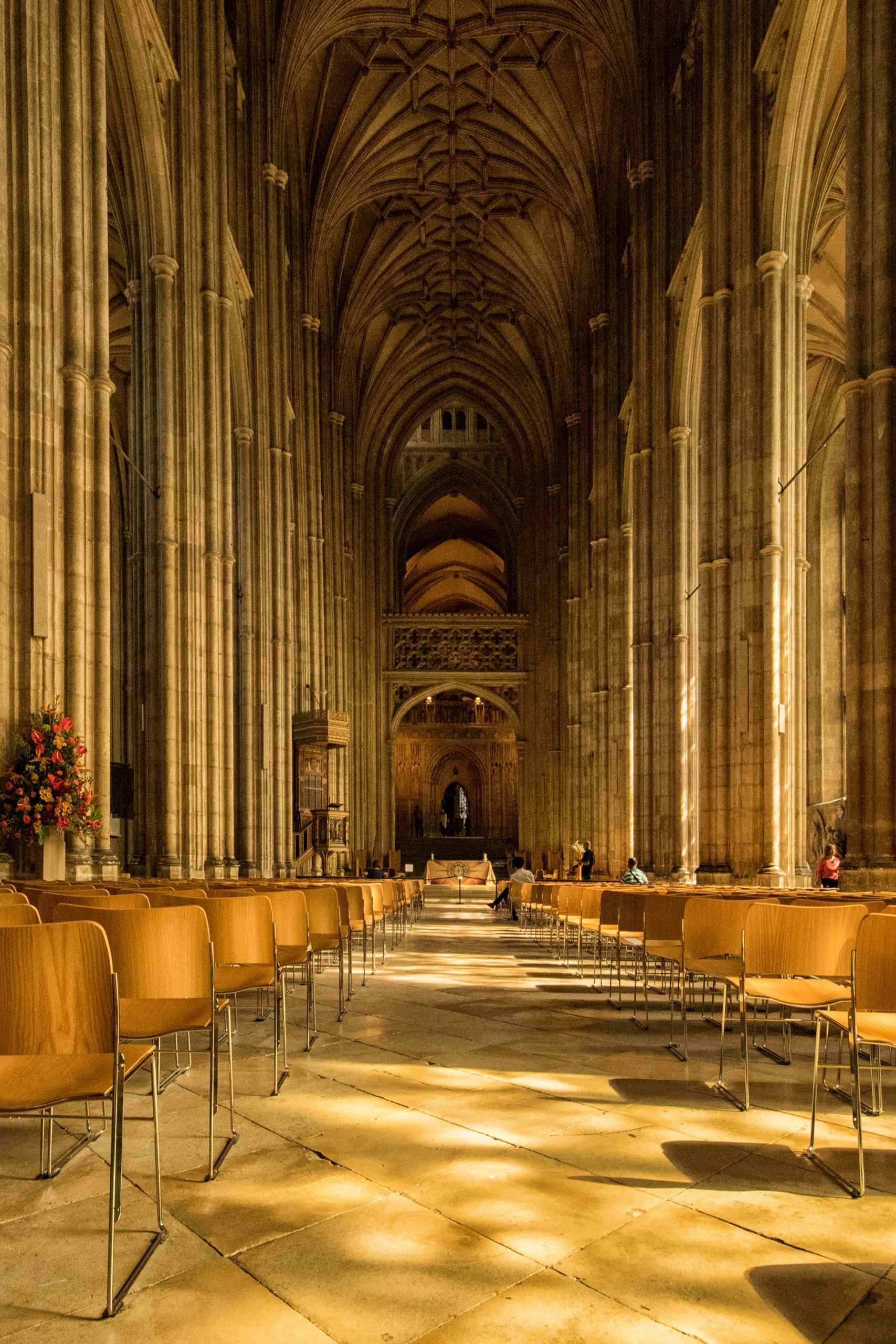Who started Christianity religion?
Jesus started his life as a recluse, hiding in plain sight, but was eventually revealed to be the Messiah and leader of the people. Since then he has been referred to as a prophet, even though he never claimed to be a believer. Jesus was always clear that he was a prophet of God:
Jesus said at the beginning ‘I am the way and the truth’, and this is what separates the truth from the lie. Jesus never claimed to be Jewish or Christian, he just happened to be Jewish, and therefore eligible to be called a Christian.
The question is how did Jesus learn about the Jewish law and its importance in his new religion? The answer is that Jesus was presented with a very difficult question and he chose to pursue the question ‘How do I become a better person?’ rather than ‘How do I become more Jewish’
Jesus came to this world as a Jewish rabbi, yes he was born a Jew but he is also the founder of a new religion which has many similarities to the old ‘religion of Judaism’ but with a new twist. Judaism has taught us that a person does not become Jewish by intentionally being Jewish, they are Jewish by choice.
For instance, in the Talmudic traditions, it was taught that Adam was created in the image of God but chose to be flesh and blood (rather than just a rib from the ribcage of a bull) so that he might have a life of greater meaning and purpose for humanity. This unique Jewish interpretation of the Torah (the Old Testament) led to the establishment of the sect of Hasidic Jews who today make up the largest religious group in America.
The New Testament of the Bible refers to Moses as the Creator of the Universe and the Messiah (GMK). However, from the beginning of the Bible (the 9th century BCE) we are told that the Author of the Bible (the Hebrew word for ‘God’) was revealed by Revelation. This is why the Bible is called the Book of Revelation (NKJV). This is also why the Bible is called the Book of Kings (NKJV).
In the early years of Christianity, followers were known as ‘Christians’ or ‘Jews’ because of their faith in Christ as the Son of God. However, in the second century CE persecution of Christians led to a change in terminology.
Who started Christianity religion?
Yes, the concept of founder and his followers is very similar to the concept of creator of the universe. The creator of the universe is a divine being, while the founder of Christianity is a human being.
How did the concept of Jesus start your faith?
Jesus started a journey in life, but in an abnormal way. He was born into a very religious family, but he never attended church services, because he was always ready to devour everything in sight. His mother told him not to wear makeup, because she saw it as a sign from God. He began to study the law in his late teens and early 20s, but after a few false starts he realized he lacked the conviction to continue on his own. She counseled him to take up a cross, which he did on a cross several times. This was the beginning of Christianity.
How do you define the early church and what is considered the typical church today?
The earliest church I can name is that of the Essenes, since they were originally ascetic Christians who left Essenes worship and social customs at the door because they considered them unclean. As time passed by and they no longer considered themselves part of the “delightful ways of God,” they began to mix with the more liberal elements of society.
What is the earliest evidence that Christians lived among humans and why?
There are few if any archaeological remains of the first Christians in the New Testament. I have found them in Jericho, Jericho, Israel in 2nd century CE, and they were probably early Christians from the tribe of Benjamin.
Where did the idea of Jesus as the founder of Christianity originate?
The idea of Jesus as the founder of Christianity may have begun with some in the Jewish community as a means of deflecting accusations of anti-Semitism leveled at the Jesus movement by the authorities in the age of Herod and the Jewish elders. However, the historical record strongly suggests that the Jewish elders were deliberately keeping the Jewish people in ignorance of the true nature of the Jesus movement by intentionally omitting important information from official documents, teachings, and even from oral traditions.




